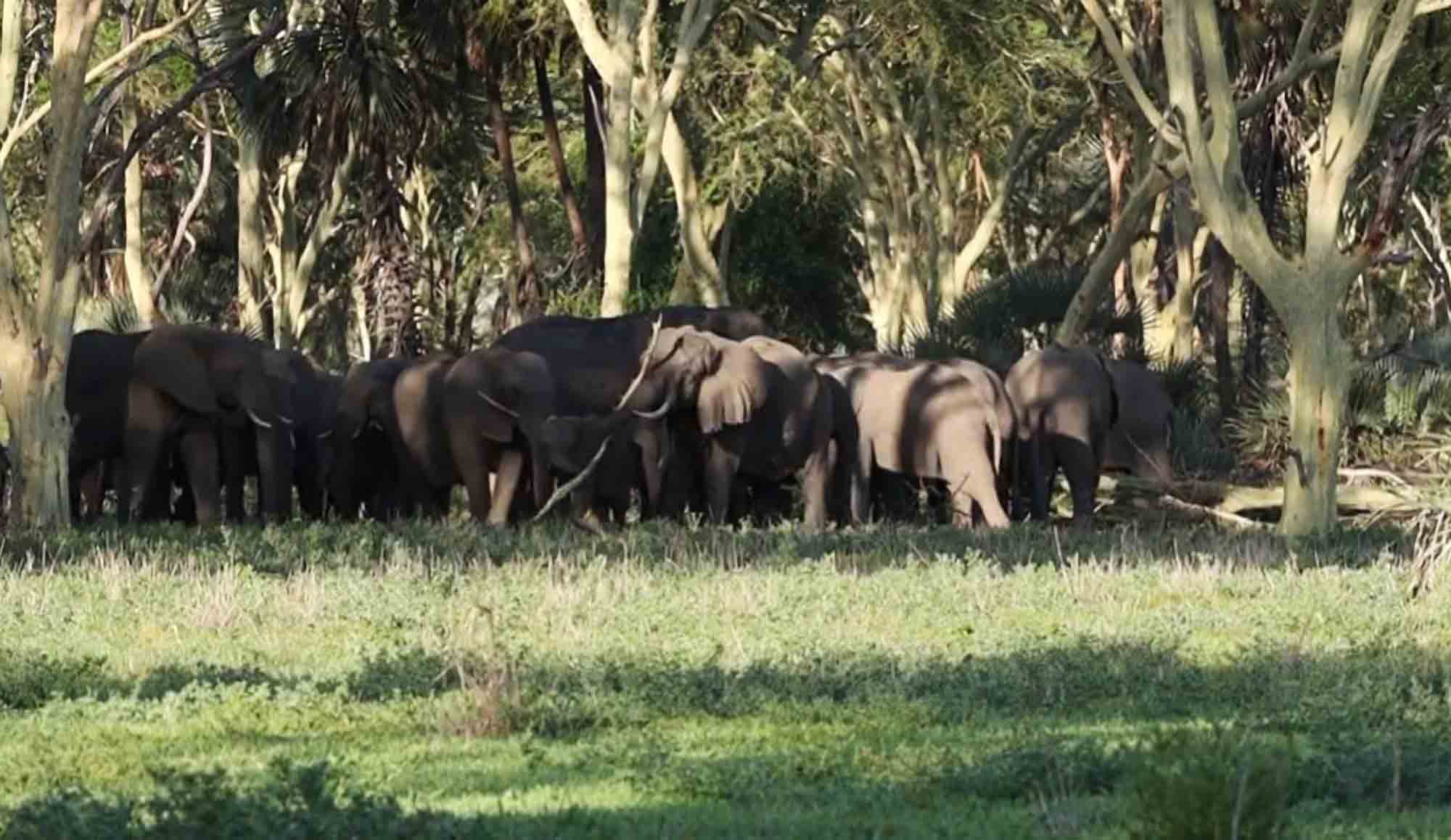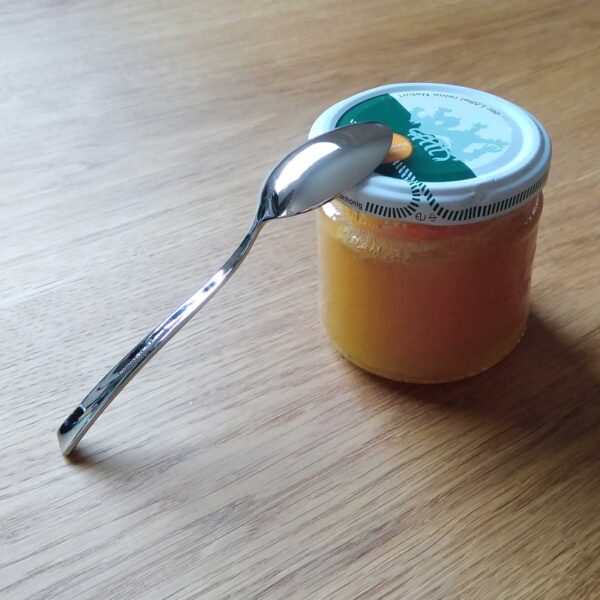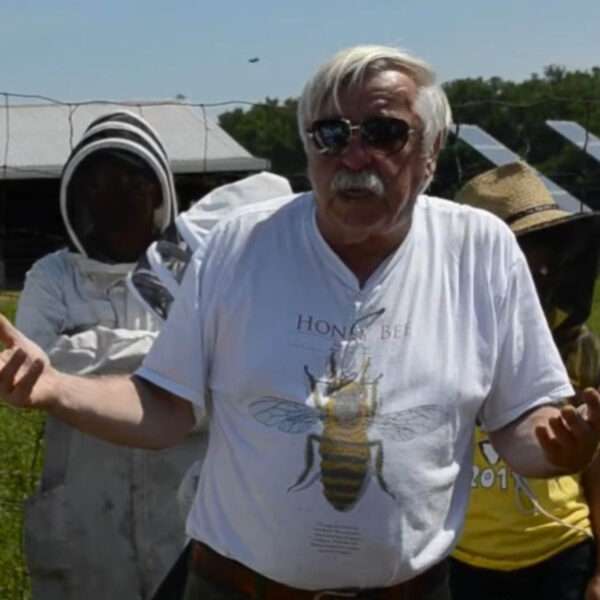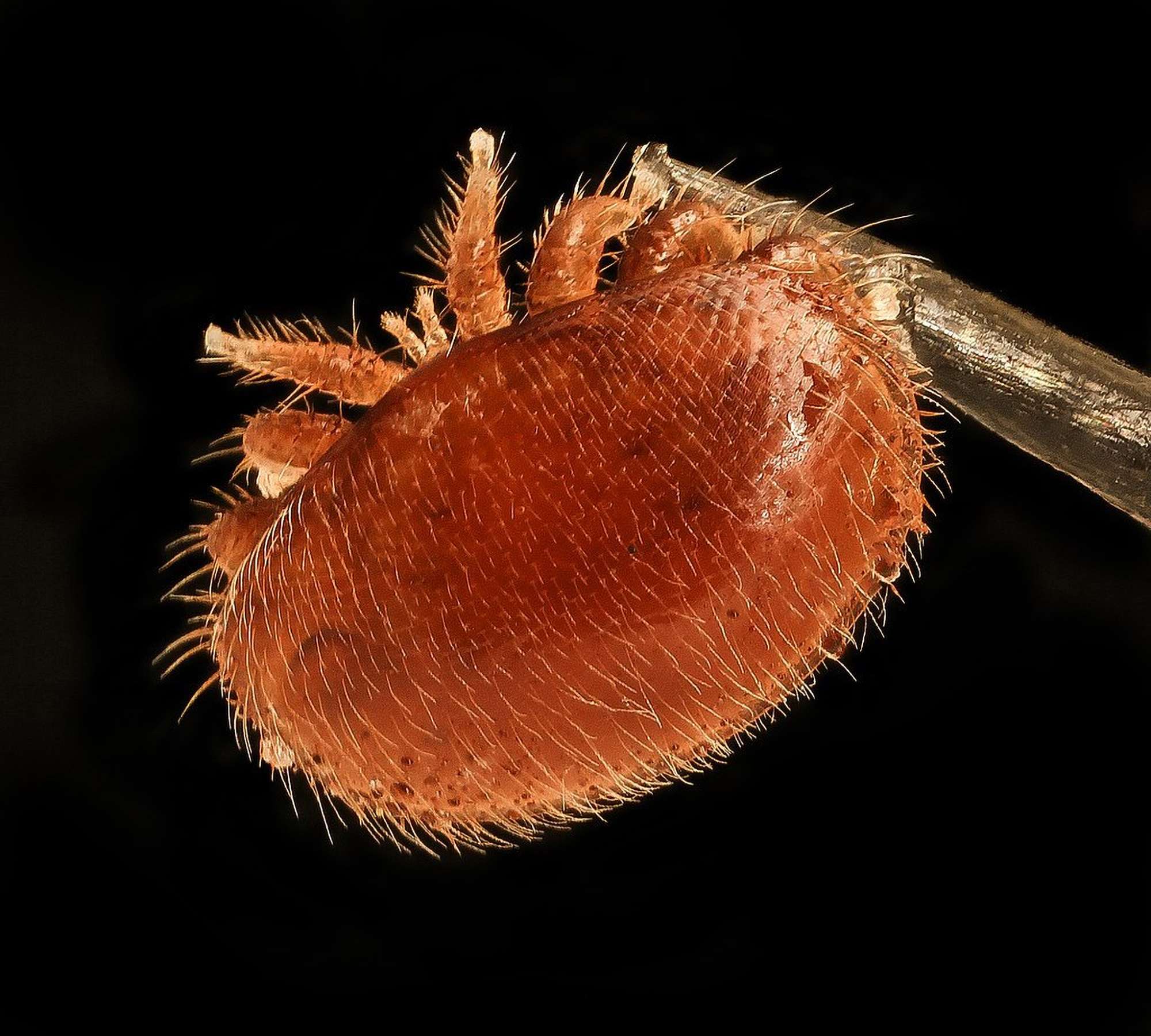A scientist examining the human-elephant relationship has said she aims to “promote coexistence” as the installation of beehives proved to be an effective elephant deterrent.
Paola Stramandinoli Branco built her survey at Gorongosa National Park in Mozambique on the findings of renowned Oxford University zoologist Dr Lucy King.
Groundbreaking research by Dr King and other experts determined that the tuskers dislike the sound of a swarm and may even panic upon hearing their distinctive buzz.
While elephants can cause significant harm to settlements and crops, their existence is endangered by poaching and habitat loss.
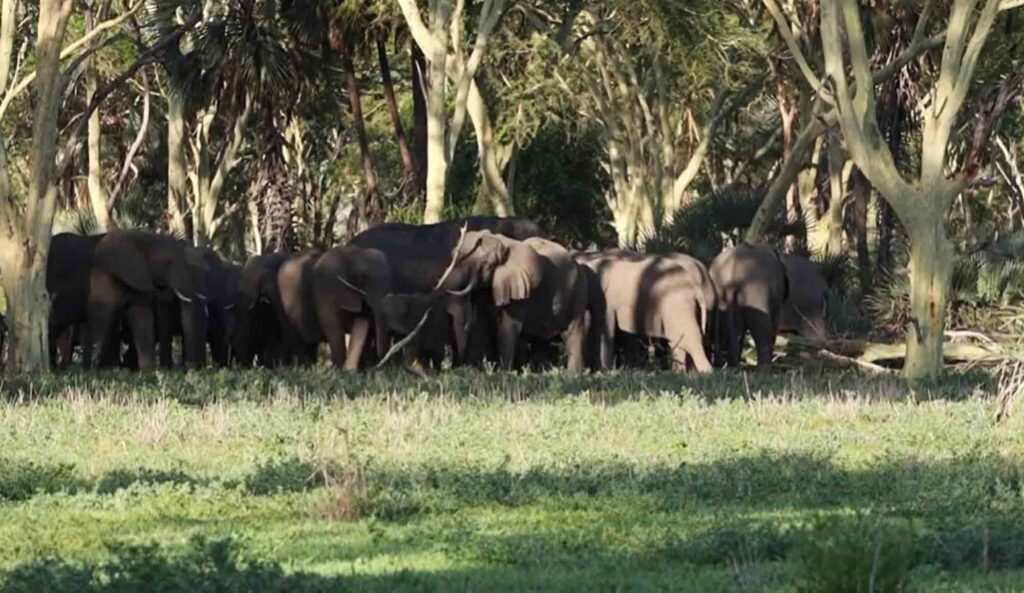
Reflecting on the often tense coexistence of pachyderms and humans, Paola said: “This kind of conflict happens everywhere in the world. It’s just harder to deter elephants due to their size and persistence.”
The researcher from the University of Idaho in Moscow, Idaho, in the United States emphasised: “My goal is to promote coexistence. Elephants destroying less crops, people being more tolerant.”
Science magazine Nautilus reports that Paola focused on “collaring elephants and placing beehives strategically between the national park’s grasslands and the cropland operated by local farmers.”
Beehive fences set up along the Pungwe River, which separates the national park from farms, ensured a 95 per cent reduction of intrusions by elephants.
Dominique Goncalves heads the national park’s elephant ecology project. She told Nautilus: “It’s a question of how humans and elephants are overlapping.”
The ecologist warned that “situations of conflict” could be created if agricultural estates were ravaged by the pachyderms.
She explained: “That has a huge economic security impact for farmers.”
There are 800 to 1,000 elephants at Gorongosa National Park.

On its website, the institution underlines the animals’ “important role” in the ecosystem as they “act like gardeners by knocking down trees and eating tall grass.”
The national park’s fact sheet further informs that the elephants are “keeping the bush open and clear and accessible to other grazers.”
The installation of hives is considered a first step towards more peaceful relationships between conservation experts, farmers and the elephants.

